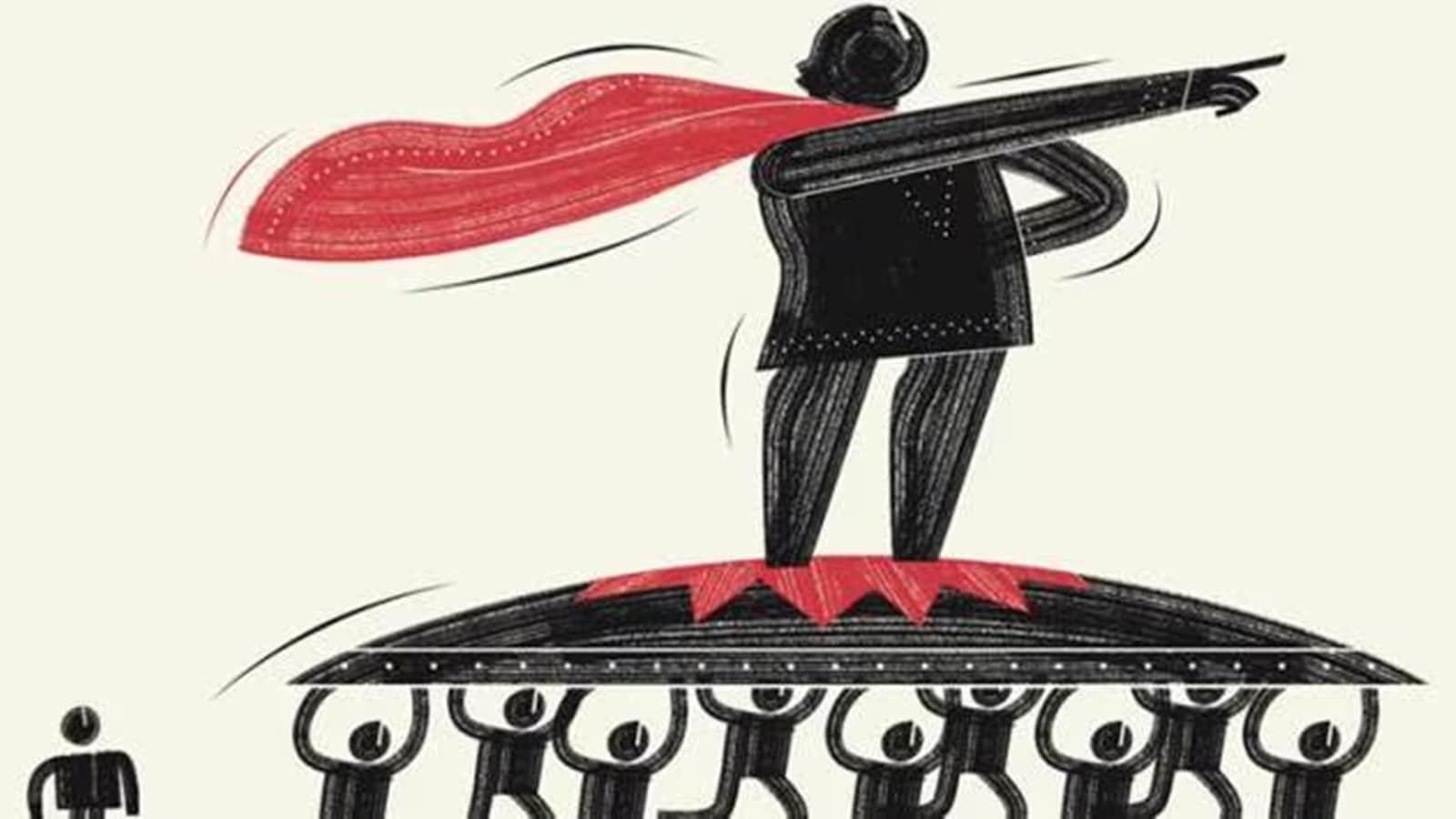Marie Antoinette’s apparent offering to her starving subjects, “Let them eat cake!” led to the French Revolution, which eventually led to the transformation of political systems around the world. The French population felt their queen did not represent them.
Discussions in Davos by world leaders were largely around the “Trump effect”. Some attention was given to climate change and the wars in Gaza and Ukraine. One couldn’t help but notice how every country represented its own interest, like a game of chess. Volodymyr Zelenskyy talked about how helping Ukraine was imperative for Europeans as the war could escalate very quickly to their doorsteps. His goal: Aid for Ukraine to fight its war with Russia. Ursula von der Leyen, head of the European Commission, talked about how heavy tariffs against Europe would not be in the interest of the US as it needed Europe.
Story continues below this ad
While protecting one’s self-interest is natural and logical, currently, the biggest threats — whether it’s climate change or artificial intelligence — are ones we face collectively as humanity. Will thinking driven by self-interest help us solve these problems? On a more personal level, when we think selfishly as humans, we don’t achieve much. At a corporate level, teams achieve great things. At a family level, a unit raises children more effectively than a single parent. At the level of humanity, we build on research and learnings from our ancestors to improve our lives. Yet, at a political level, we think on the plane of individual countries.
Maybe the problem lies in the way the leaders we elect represent us. If we look at how they are elected, for the most part, they need to fight for funding and eyeballs as they navigate a polarised environment. The title of “politician” comes with connotations of manipulation and suaveness for a reason. They rarely display the temperament of those they represent. No wonder many Americans feel that Donald Trump, on an ideological level, doesn’t represent their America even as he has been elected to represent them. Do we think these elected politicians will find solutions to the biggest problems we face collectively?
If we look at the business world, which works somewhat independently of the political world, we have a lot more collaboration. An iPhone is designed by Apple Inc. in the US, manufactured in China, uses software made in India and a chip made in Taiwan, and is sold in London. Businesses thrive on teamwork. Collaboration is the cornerstone of a successful business. In fact, as von der Leyen said, using a political tool like tariffs, as Trump is threatening to do, to disrupt the global trade network, would be near-impossible. There are too many interdependencies. It would be near-impossible but not impossible, and if deployed, could destroy the system. The prospect of it is already wreaking havoc on stock markets. That is the disruption one political leader, like Trump, can cause. He can set off a chain reaction of distrust and panic and disrupt an effective collaborative system that has worked well for decades.
Story continues below this ad
Academia tends to reflect future trends in society. Advanced education systems are moving from competitive thinking in schools to collaborative thinking. Children are made to work increasingly in teams to find solutions and are graded in larger generic grading system.
most read
As Barack Obama said, “If you had to choose a moment in history to be born, and you didn’t know ahead of time, who you would be.. you’d choose now.” Over the past centuries, human longevity has increased, and our lives have become considerably easier. And yet, humans today have less and less free time. The tools that have given us efficiency have also taken away our quality of life. According to a 2018 WHO study, one in eight people in the world lives with a mental-health disorder and that number has only steadily increased since.
The 15th and 16th centuries were termed the Renaissance, meaning “rebirth”, a period that was associated with great social change in most fields ranging from art and politics to exploration. It gave rise to figures like Leonardo da Vinci and Christopher Columbus. The 17th and 18th centuries were the Enlightenment, when reason and secularism became paramount. To describe the times we are in now, we use terms like Information Age, Digital Age or Nuclear Age. We measure our years in products, not personal development as we did in the past. Products that are not helping us become happier. We need a shift in perspective and a move away from measuring our success in terms of materialistic products to focus on collective human development instead.
Looking at mental health numbers that reflect our current state, or the threats of climate change and artificial intelligence that are in front of us, the world is at a “let them eat cake” moment. We need to reinvent the system that represents us and think of new ways to find solutions collaboratively.
The writer is director, RPG Foundation


